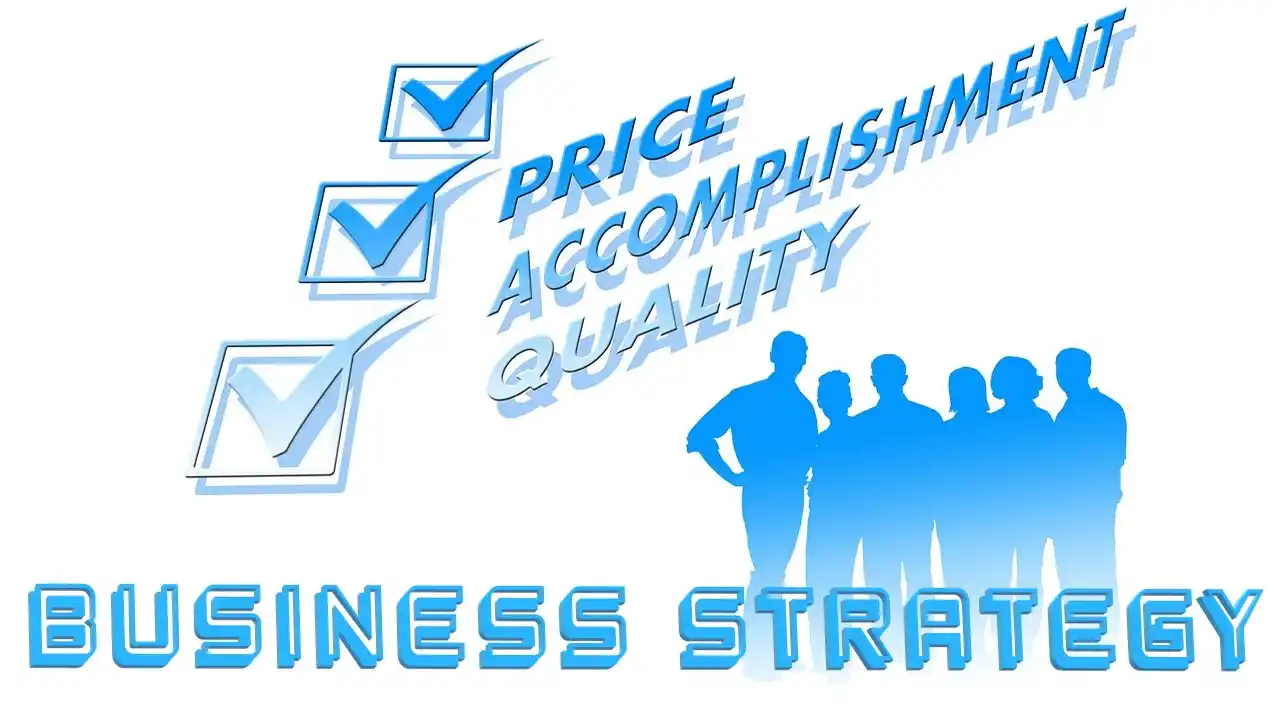In the simplest terms, a company’s growth consists of all the ideas, efforts, and activities that contribute to its overall advancement. This includes increasing sales, expanding the business, and increasing profitability by forming strategic alliances and making strategic business decisions. Additionally, this implies expanding and enhancing the business. Check out these role of business development to enhance your knowledge.
A successful business development initiative will impact the organization’s sales and marketing, production, human resources, accounting and finance, product development, and vendor management. The individuals in charge of expanding the business should be aware of new market opportunities, potential growth avenues, changes made by competitors, and the current revenue streams. Learn about the implications of business development process topic on groups of people by reading this informative post.
Role of Business Development
Business development refers to a variety of ideas, actions, and plans implemented by a company’s owners and administrators to increase the business’s success. “Business development” can refer to a variety of activities, such as establishing strategic alliances, earning more money, expanding sales, and expanding the business. In this article, we will discuss about role of business development in brief with examples for your better understanding.
Product Administration
Market regulations and requirements can vary from one location to another. For instance, a substance with a particular composition may be legal in India but illegal in the United Kingdom. Is a unique or modified variant of the product required for the new market?
The work of the product management and manufacturing departments is affected by the strategic decisions made by the company. Numerous factors, such as costs, legal clearances, and regulatory compliance, are evaluated as part of the business plan development process.
Savings on Expenses
Increasing sales, products, and consumers is only one aspect of business expansion. To enhance the bottom line, strategic decisions must be made, which must include cost-cutting measures.
If an internal audit reveals that too much money is being spent on travel, for instance, the travel policy may be revised to encourage the use of video conferences in lieu of in-person meetings and the selection of less costly modes of transportation.
Outsourcing non-core services such as marketing, accounting, finances, and IT operations is one method for management to save money. To expand a business, you must establish the strategic alliances required to complete these tasks.
Lobbying, Networking, and Negotiating
Some business projects may necessitate soft skills experience. For instance, lobbying is permitted in some locations and may be required to enter the market. When interacting with third parties such as vendors, agencies, government agencies, and regulators, you may require “soft skills” such as networking and negotiation. All of these factors contribute to a company’s growth. This is another role of business development.
Partnerships or Strategic Initiatives
Is it more prudent to form a strategic alliance or collaborate with local companies that are already operating in the area, or is it better to enter a new market on your own by handling all the necessary paperwork? What must you do if you handle it on your own? With assistance from the legal and finance divisions, the business development team weighs the benefits and drawbacks of each option before selecting the best one for the company. This is good role of business development.
Vendor Administration
Will the newly established business require assistance from outside firms? Consider the shipping of an item. Does it need a particular courier service? Will the business sell its wares through any well-known retail chains? How much money do these positions require? The team responsible for the company’s expansion is discussing these matters.
Project Management
Should the company construct a new plant in its target market for growth, or can everything still be manufactured and shipped from the home country? Will the second option necessitate the construction of an additional center in the native nation?
The business growth team is responsible for making these kinds of decisions based on the expense and duration involved. After that, the group in charge of managing the project and making it a reality begins working to achieve the predetermined objective.
Marketing
The main goal of marketing, which includes promotion and advertising, is to make money by selling products to end users. While crucial, marketing is not the main aspect in reaching sales goals. As part of a business expansion strategy, marketing may receive resources.
When you have a larger marketing budget, you can employ more aggressive methods such as unsolicited calling, personal visits, roadshows, and the distribution of free samples. When businesses have limited funds for marketing, they may run fewer advertisements online, in print, on social media, and on signs. This is the role of business development.
Sales
Salespeople focus on specific markets or clients to meet sales goals and generate revenue. In this instance, business development examines the Brazilian market and concludes that $1.5 billion in sales are possible within three years. The new market’s sales team shapes their strategies based on well-defined objectives to reach the locals.
FAQ
What is the Role of a Business Development Strategist?
Business development strategists are responsible for creating and implementing growth strategies for their companies. Typically, they seek out new business opportunities and methods to collaborate with a group of other specialists, such as marketing specialists or account managers.
Why do you Want to Work in Business Development?
This role offers a unique opportunity to engage with prospects and clients, gaining a comprehensive understanding of both sides. Travel, connect with people, and build relationships while exploring the country extensively.
What are the Responsibilities of Business Development?
Find potential customers and conduct market research on them. Create and maintain relationships with customers. Collaborate with the sales teams to generate concepts that will benefit both parties. Contract terms should be discussed with clients, and all parties involved should be kept in the loop.
Final Words
Consequently, the business development team will be able to serve as a hub for new business concepts that will implement across the organization. As the CEO frequently does, but without the time or resources to investigate, validate, and respond to the problems raised. This article covers the diverse tasks and purposes of business development, providing examples for better understanding.






